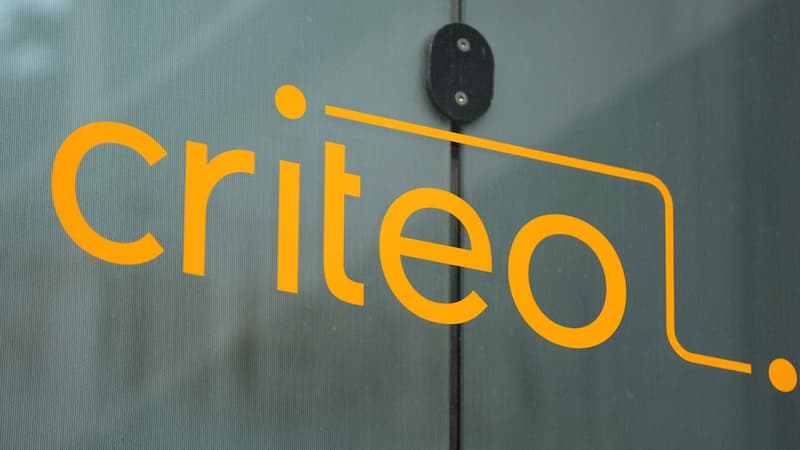The French specialist in Internet advertising directed at Criteo assured on Thursday that the violations of the rules on personal data of which he is accused are not his concern and have not had harmful consequences for people, during a public hearing before the CNIL .
The French personal data police had received complaints against Criteo’s practices as early as 2018, the year the General Data Protection Regulation (GDPR) came into force in Europe.
The Company uses trackers, including cookies, to track Internet users’ browsing and serve them with targeted advertising. It claims today to have the “largest set of open shopper data in the world,” with more than 2 billion identifiers.
consent issues
During the inspections in 2020, the CNIL investigation services detected 5 infringements of the GDPR, in particular regarding the obligation to be able to demonstrate that Internet users have given their consent to the use of their personal data.
However, Criteo claims not to have any email address, phone number, IP address or information that would directly identify a person, but only encrypted versions of this data. “If the company (Criteo) does not directly have the identity of the natural person, I still believe that the risk of re-identifying people is much higher than what the company claims,” the Commission rapporteur said in response during the hearing. .
Regarding the collection of consent, “it is not up to Criteo to verify compliance with the law by its partners, it is a mission that corresponds to the Cnil”, defended the company’s lawyers, stressing that the institution had not blamed the object editors of the controls.
fine of 60 million euros
These are “best placed” to obtain consent, the company believes, but they are “joint controllers” of data processing. Above all, the lawyer Yann Padova, former secretary general of the Cnil and representative in France of the online advertising lobby IAPP, strongly refuted during the hearing that the denounced data processing had the result of “controlling or having negative effects on people”, a position according to him “political” and anti-publicity of the speaker.
Criteo, whose economic model has been undermined by technical and regulatory developments in online tracking, is particularly angry about the minimum amount of the fine proposed by the rapporteur, €60 million, or 3% of its turnover. global and 86% of its net profit in 2022. No date has been advanced for the next decision, which must go through a consensus with the counterparts of the Cnil at the European level.
Source: BFM TV


